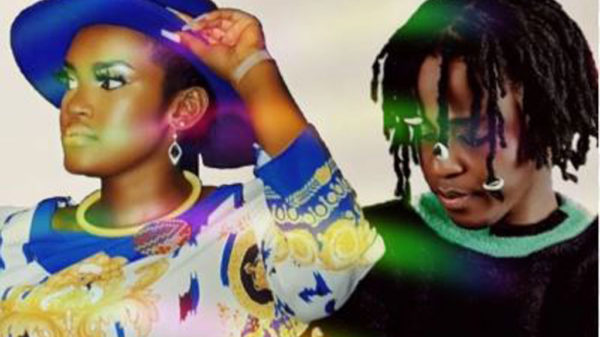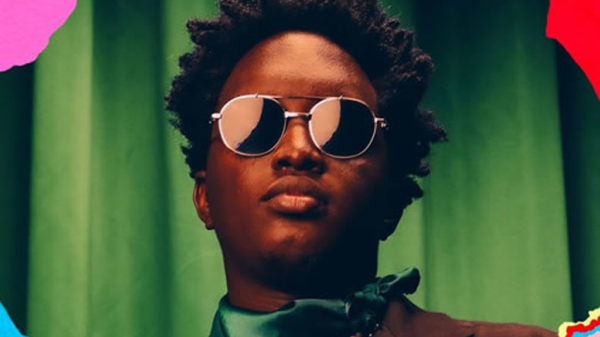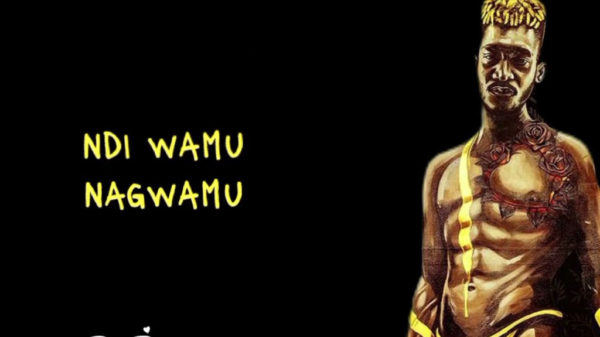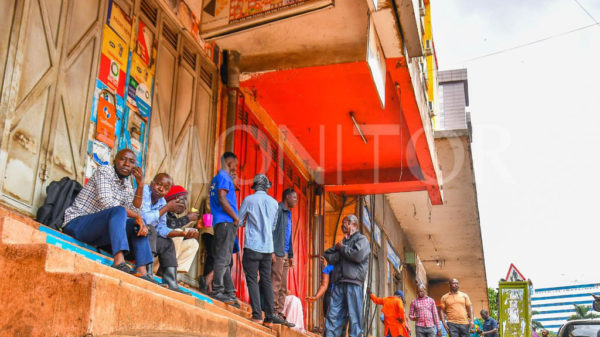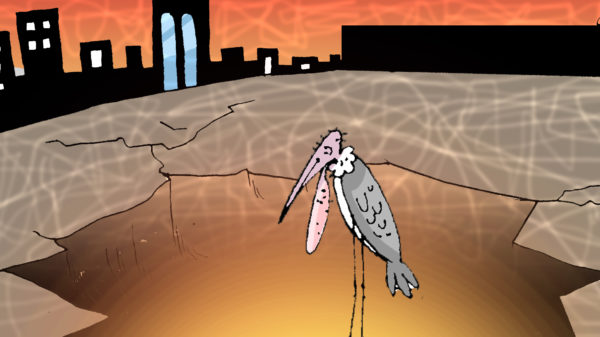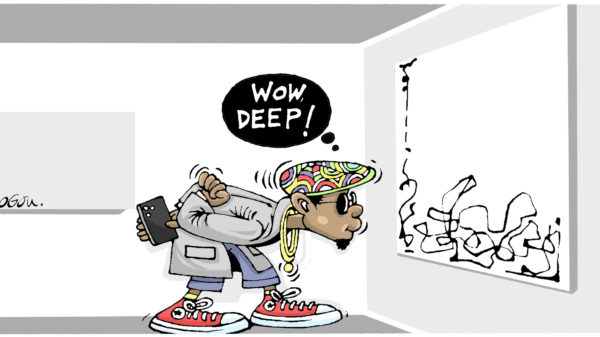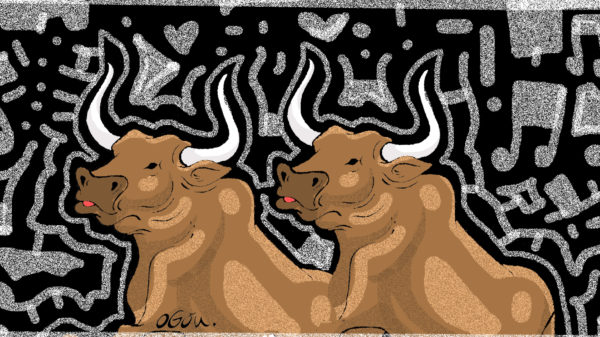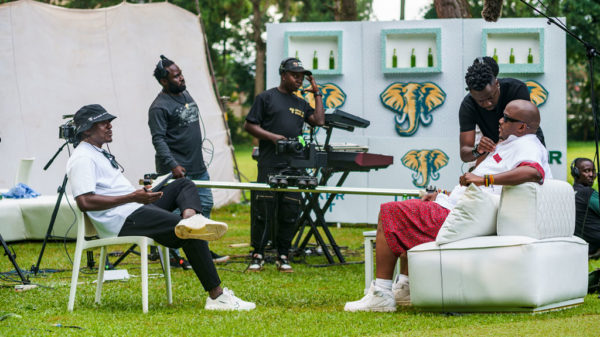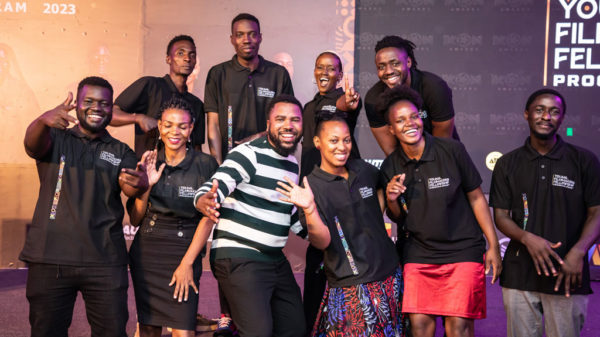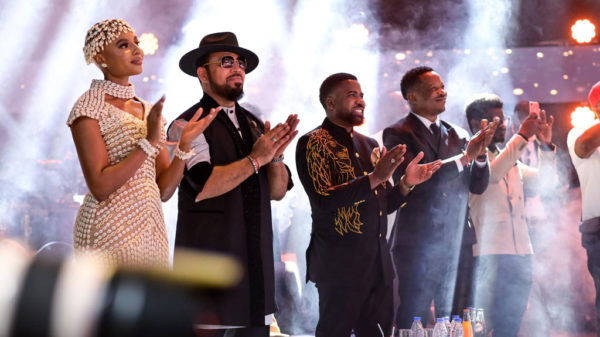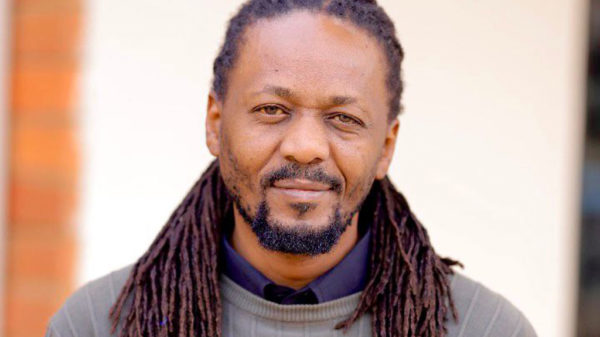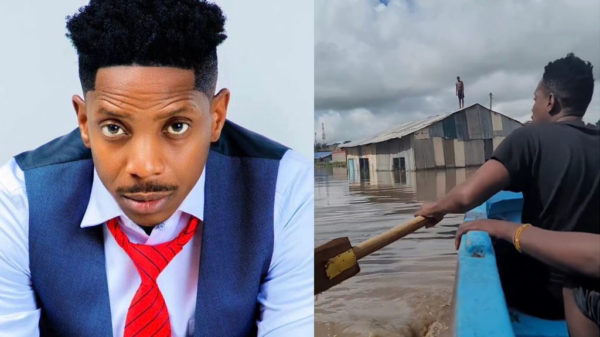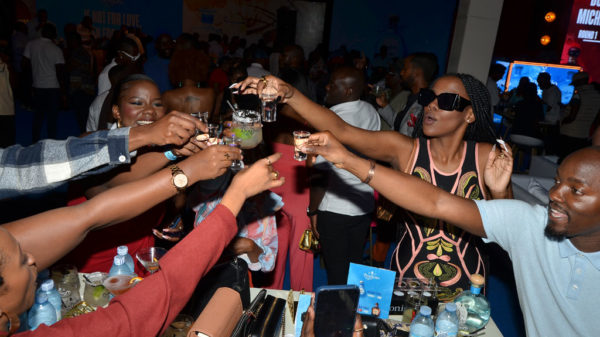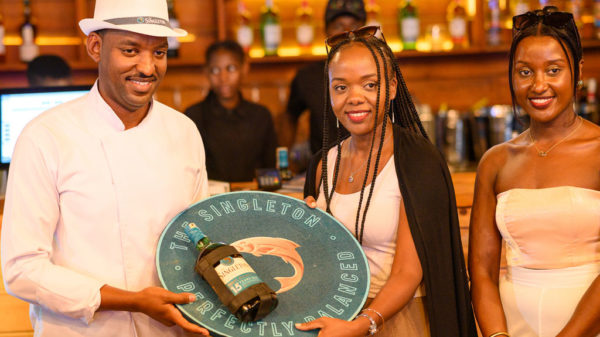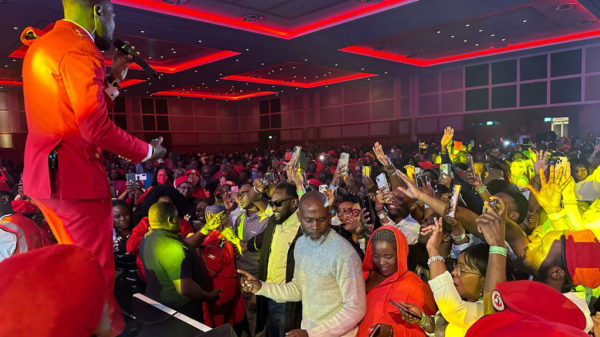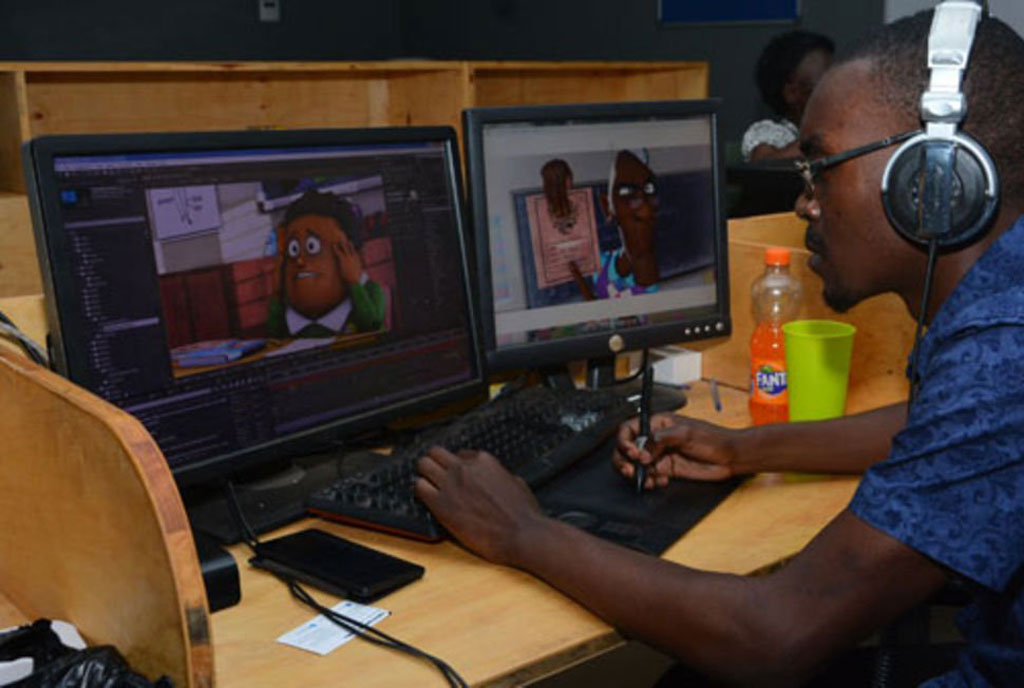Creatives: Although the nascent African animation film industry is gradually taking off, the sector is still riddled with scarcity of formal training opportunities, intensive capital, production facilitates, technology, and limited local exhibition channels, writes Bamuturaki Musinguzi.
In his description of the current state of the animation film industry in Uganda, the chief executive officer of Creatures Animation studio based in Kampala, Raymond Malinga, says: “The industry is budding and still in its infancy. There are a lot of enthusiastic artists and individuals working hard but very few teams working together to produce more ambitious products.”
On the East African stage, the festival director of Kwetu International Animation Film Festival (KIAFF), Daniel Nyalusi, says they are trying.
“The technology for animation is just starting to pick up but Kenya is more developed than Tanzania. In Tanzania now there are some colleges and universities teaching animation filmmaking, which brings new hope to the industry,” he said.
Nyalusi, a filmmaker and producer from Tanzania, says lack of technology, capital and funds for film development is what is hindering the growth of this sub-sector in Africa.
Malinga singles out lack of organised and specialised teams, as well as lack of information as the factors hindering the growth of this cluster in Uganda.
“It is mostly the lack of organised teams committed to working together. I think for the industry to grow, we need artists to embrace specialisation and get good at what they do. Working in teams helps with this since everyone has a job to do and they should focus on executing a given project.”
“I think there is also a lack of information and access. How does one get from having a good idea to actually getting it out there? That process tends to be very mysterious and intimidating,” Malinga adds.
As to what it takes to produce his animation films in Uganda, Malinga, says you have to be brave and aim high.
“Understand that you are operating in an environment that is fighting against you, this is indicative of any industry in its early days. I would encourage anyone out there trying to make something to work with what they have and build from there. It has to start from somewhere and where you are is a good place to start.”
On his part, Nyalusi says, “It takes capital to invest in buying writing pads and software that can help in making animation films. We are rich in stories and there are many animators but the technology, equipment and software are expensive. But also we need to create time for film development for filmmakers.”
Malinga points out lack of skills and intensive capital as the major challenges of producing animation in Uganda. “There is lack of skilled labour. Many artists lack the necessary specialised skills to work in large scale animation productions. We often have to end up retraining and tailoring our pipelines to meet the artists’ requirements.”
He mentions that animation is also a capital intensive industry. That in order to be competitive, creatives often have to update some of their equipment but unfortunately the taxes to import just one computer could buy two others. Scaling up has been a challenge,” Malinga adds.
As to how the animators are solving the challenge of finance, Nyalusi, says most animation filmmakers have hope in getting Anime-Ads so that they can get money to finance their works. But unfortunately this is the challenge that may not be a solution to some of them.
“We work on in-demand animation service jobs such as explainer videos and animated documentaries. Using the finances we receive from these productions, we are able to finance our productions. It is a slow revenue stream but it works for now,” Malinga says.
The animator also adds that they started gaining interest from foreign investment companies who are interested in funding production of intellectual properties and will hopefully push animation more into the commercial Intellectual Property sector.
Nyalusi says although African characters have been there in Lion King, and Khumba, among others, it is not enough. It is important that our animators start creating stories of our African heroes such as Chief Mkwawa, Bibi Titi, Mwalimu Nyerere, Sokoine, among others.”
While on his part, Malinga says, they have to be more intentional about how we represent ourselves on the global landscape. That we need to create meaningful characters with meaningful arcs and meaningful stories. This way they will not be ignored.
Although there is scarcity of formal training opportunities, locally-made productions are already starting to take off, but African animators are still grappling with the obstacle of getting their content on local screens.
In June 2021, the leading network in the children’s entertainment industry, Cartoon Network, announced that Cartoon Network Africa’s Creative Lab winning short film, Garbage Boy and Trash Can, will be made into a series of 10 animated short episodes, taking African animation to new, exciting heights.
Self-taught 2D Nigerian animator, Ridwan Moshood, is the creator of Garbage Boy and Trash Can – a project which amazed the Cartoon Network Africa Creative Lab selection panel with its graphic style, absurdity, unique and extremely funny characters. The story follows Garbage Boy, a self-proclaimed superhero who believes he has real superpowers, and his sidekick, Trash Can, on their mission to fight for justice.
Garbage Boy and Trash Can will premiere on Cartoon Network Africa later this year.
Most African broadcasters find it easier to import ready-made shows from abroad, rather than finance local original productions.
“KIAFF has happened only once and this year will be our second edition. Due to the Covid-19 situation last year, we managed to show films online via NuellaTV and we are happy that for two days about 1,343 people watched the films and most of the viewers were from Africa,” Nyalusi says.
Malinga mentions that they run very calculated marketing campaigns and target film festivals and showcases that they find beneficial for their products once one film plays there but the major thing is to first make sure it is good.
KIAFF is organised in April, every year, in Dar es Salaam, Tanzania. The festival provides a large-scale setting for presenting the beautiful works of world animated films with a special focus on East African animation films. It also brings together animation writers, innovators, filmmakers, distributors and genre critical stakeholders to ensure the development and distribution of high-quality East African animated content.
Asked what KIAFF has achieved in skills development because some animators are self-taught, Nyalusi says, “We conducted an animation training workshop last year for 10 animators for 10 days, and this year in February we did another training workshop for 10 female filmmakers from East Africa in collaboration with Culture and Development East Africa (CDEA) and the Ladima Foundation.”
According to Malinga, animation has the potential to merge Arts and Sciences as it is an all-inclusive art form, an ultimate art form that demands disciplines from all areas of society to contribute to the end product. For him, it is impossible for a large scale animation production not to impact several people.
Nyalusi mentions that to compare our African animation industry to Europe would be stretching it because, “The comparison is nearly impossible because Europe and USA have more technology that supports their industry unlike Africa, except South Africa that is more developed in technology.”
Knowing the creatives
ABOUT MALINGA
Malinga holds a Bachelor’s degree in Animation and Visual Effects from the Multimedia University Cyberjaya in Malaysia. His graduation short film ëWhite Collar Time (2014) earned him several accolades in several international student film award competitions.
He has also worked as a junior production executive at Wau Animation Malaysia, including as a concept developer, screenwriter and animator on the hit Malaysian animated show Ejen Ali.
In 2014, Malinga decided to quit his job and return to start his journey towards making an impact on the local and continental animation industry. He has directed the multi-award winning animated short film A Kalabanda Ate My Homework. The film was selected for the 2018 Festival De Cannes Short Film Corner as well as won multiple awards around the world. It has featured at the Cape Town International Animation Festival in South Africa.
Malinga is currently developing his upcoming 3D animated action TV series Kiroho.
ABOUT NYALUSI
Nyalusi has more than 17 years’ experience in film-making including TV production, documentary, feature and short films as a scriptwriter, director, producer and production manager, plus more than 15 years’ experience in organising international film festivals.
He served as a festival manager of the Zanzibar International Film Festival (ZIFF) from 2005 to 2017 and as chief executive officer from 2017 to 2018. In 2020 he founded and is the festival director of KIAFF.
Don’t want to miss out on any story? For updates on all Sqoop stories, follow this link on Telegram: https://t.me/Sqoop




